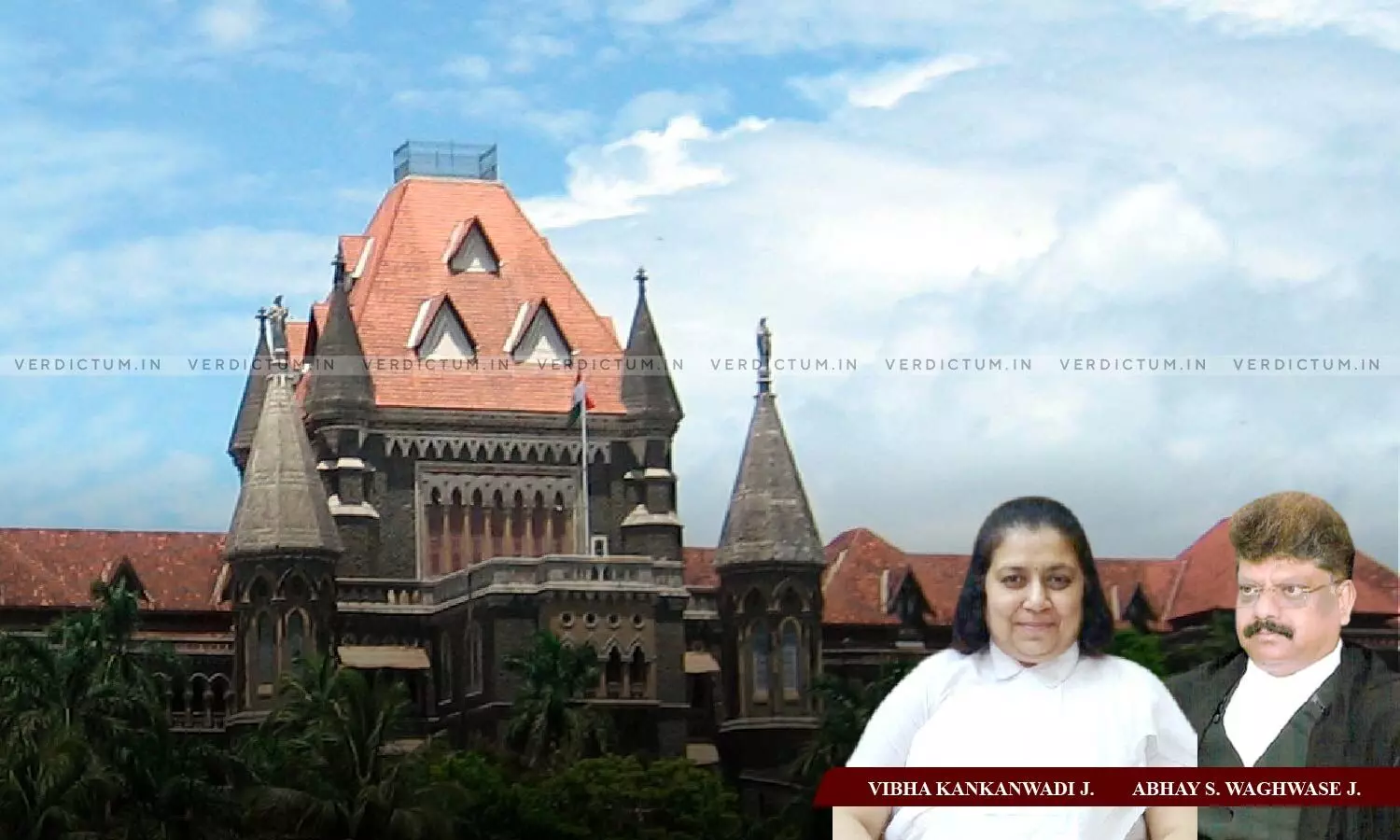
Analyze And Re-read Autopsy Doctor's Evidence In Conjunction With Other Evidence Before Drawing Inference: Bombay HC Quashes Conviction U/s. 302 IPC
 |
|While holding that the Trial Court had erred in convicting the accused by invoking Section 106 of the Indian Evidence Act, the Bombay High Court observed that medical evidence is not free from doubt and is shrouded with various unexplained circumstances, and therefore, with such quality of medical evidence on record, Trial Judge ought not to have straightaway accepted the medical evidence to hold the case of the prosecution as proved.
"It is settled law that medico legal expert’s evidence is mere opinion evidence. But the opinion would not have a binding effect if it is not supported by sound reasons and is convincing one. The court is expected to analyze the report and is also expected to re-read in conjunction with other evidence on record and thereafter draw inference", the Court held.
“There is no clear, cogent, concrete, or trustworthy evidence to connect the accused. Circumstances are not unerringly pointing to the guilt of the accused. Provision under Section 106 of the Evidence Act and the settled legal position for invoking said provision has not been considered by learned trial Judge”, added the Court.
While setting aside the conviction order passed by the Trial Court, a Division Bench of Justice Vibha Kankanwadi and Justice Abhay S. Waghwase observed that “It seems that autopsy doctor’s opinion has prevailed over the learned trial Judge for accepting the case of prosecution about the death of Ujwala to be homicidal one. It is settled law that a medico-legal expert’s evidence is mere opinion evidence. But the opinion would not have a binding effect if it is not supported by sound reasons and is convincing one”.
The Bench, therefore, stated that the court is expected to analyse the medical report and is also expected to re-read it in conjunction with other evidence on record and thereafter draw inferences.
Advocate Satej S. Jadhav appeared for the Appellant, whereas Additional Public Prosecutor R. D. Sanap appeared for the respondent.
The Appellant invoked the powers of the High Court under Section 374 CrPC for setting aside the conviction order of the Trial Court under Section 302 for murdering his wife. The wife had suffered injuries and was admitted to Dhanvantari Hospital and then later shifted to Godavari Hospital for convulsions, giving a history as fall from bed. At first, an accidental report was registered at the police station. However, on receipt of medical opinion, more particularly the autopsy doctor’s opinion, believing that death may have been caused by smothering and strangulation, the police officer himself registered the crime and conducted an investigation. The Sessions Judge by placing reliance on autopsy opinion and following Section 106 Evidence Act, convicted the accused.
After considering the submission, the Bench found that neither motive behind the incident was proved by the prosecution, nor a single piece of evidence suggesting any ill motive attributable to the accused.
“Neither relatives of deceased Ujwala nor any acquaintances or neighbours are examined by the investigating machinery. Even the Investigating Officer is not examined by the prosecution for the best reasons known to them”, added the Bench.
The High Court went on to elaborate that according to medico-legal experts, there is both smothering as well as manual strangulation and admitted that there is only one accused facing trial for homicidal death.
“Autopsy doctor has not elaborated whether smothering could have been done first or manual strangulation. It is impossible for a single person to smother as well as strangulate another full-grown person at the same time unless the deceased is rendered incapacitated by any mode. Here, there is no evidence of any ligature mark on the neck of the deceased”, added the Court.
Hence, the Bench stated that when autopsy evidence does not point out the internal impact of manual strangulation, said opinion cannot be accepted straight away.
“It is pertinent to note that another and previous doctor at Godavari Hospital has candidly admitted that there were no injuries on the head or other parts of the body while the deceased was treated from 18.08.2011 to 23.08.2011. He also admitted that in the case of manual strangulation, there have to be pathological changes. He admitted that the CT scan report is normal and there were no signs of hemotoma on the skull. On the contrary, death is attributed due to cardiac arrest at 1.20 p.m. on 23.08.2011”, added the Bench.
Therefore, while concluding that medical evidence is not free from doubt and is shrouded with various unexplained circumstances, the High Court stated that the Trial Judge ought not to have straightaway accepted the medical evidence to hold the case of the prosecution as proved.
Accordingly, the High Court quashed the conviction and allowed the criminal appeal.
Cause Title: Rajeshwar Marotrao Biradar v. The State of Maharashtra
Click here to read/download the judgment